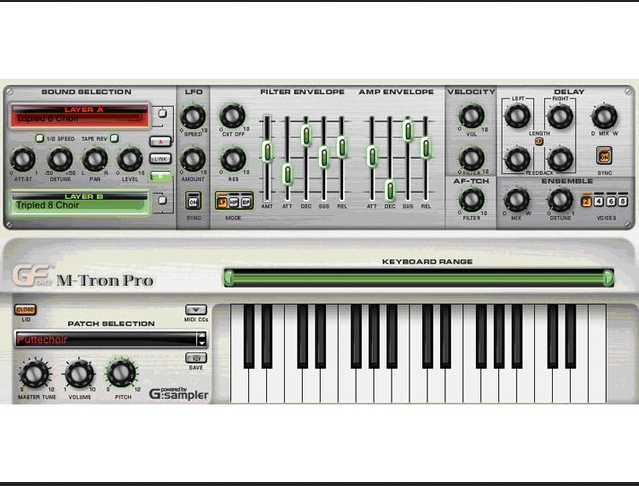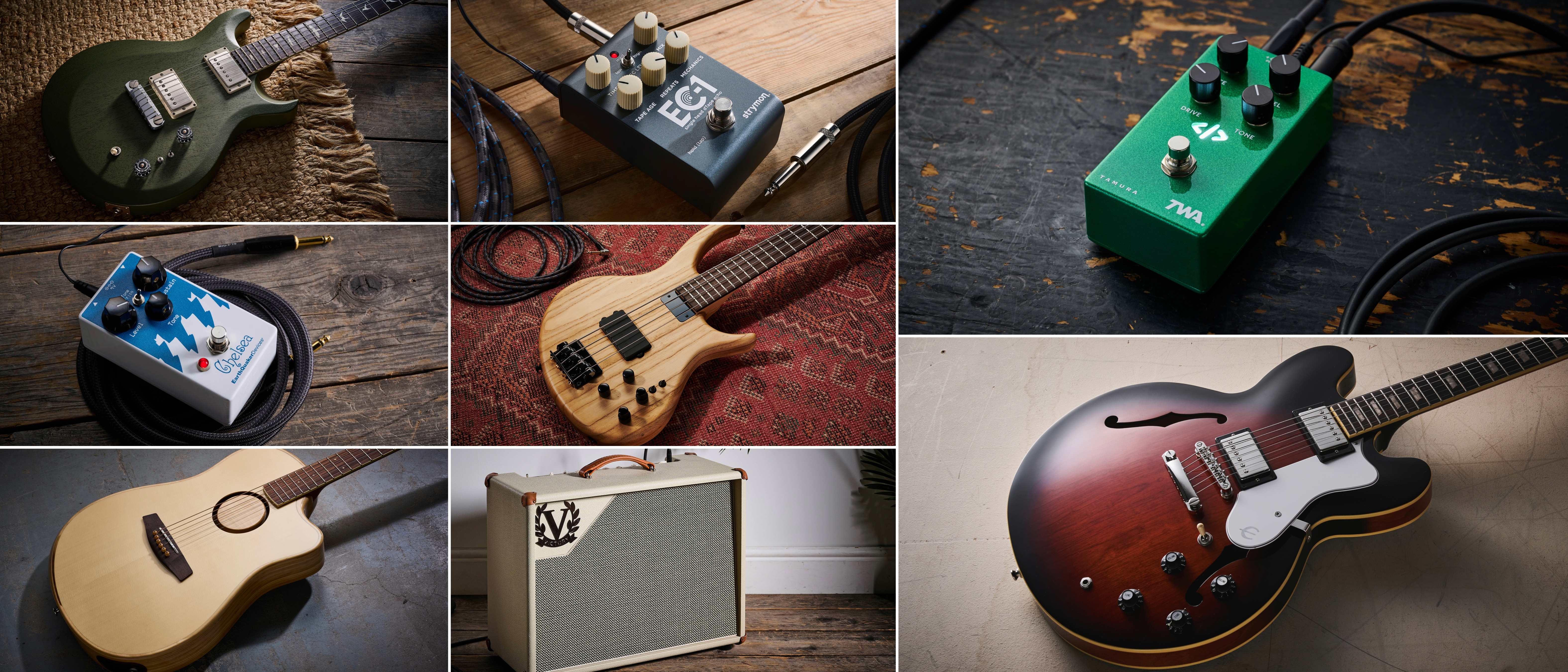Songcraft: The Pros and Cons of Using Virtual Instruments

As more and more songwriters set up Digital Audio Workstations (DAWs) at home to demo their ideas or make full-blown recordings of their work, they find themselves face to face with a myriad of tools, options and choices they may never have encountered before.
Today I’d like to talk about one of those tools: the virtual instrument.
Virtual Reality
For those who might be unfamiliar, a virtual instrument (VI) is a software program/plug-in (basically a sampler) that offers the user a virtual version of a real-world instrument that can be played or programmed via MIDI control; there are piano VIs, drum VIs and so on.
These days, there are many VI software packages on the market, and even the most basic of DAW software comes equipped with at least a few VIs. As you can imagine, the benefits of these amazing tools can be great, but like all game-changing innovations, there’s also a potential for overindulgence.
Keep it Real
Now don’t get me wrong, I use VIs all the time. They’ve allowed me to do things with my recordings that would have otherwise been costly or impossible. When I needed an orchestra at 3 a.m. while working that TV ad deadline, my string VI was there for me. When only a rare, vintage Mellotron keyboard sound would do on a particular recording, my trusty M-Tron VI came to the rescue. As you can tell, l really do love and appreciate my VIs although honestly, when it comes down to it, I have to say I love real musicians playing real instruments a whole lot more.
All the latest guitar news, interviews, lessons, reviews, deals and more, direct to your inbox!
As songwriters, we’re always striving to capture that little slice of humanity in every song we write. It’s ultimately that piece of real-ness that, hopefully, will allow our creations to connect with other human beings. As such, when at all possible, why not strive for the same authenticity in the recording of our songs?
As good as that drum VI might sound, realize it can never truly recreate the subtle nuances achieved by a live drummer behind a real kit. No matter how cool you think you sound playing your Hammond B3 VI, remember you’re still no match compared to a master sitting behind the real thing who’s dedicated his whole life to making that box howl.
So the next time you reach for that trumpet sample, if budget and time allow, stop and ask yourself if you know a horn player. Chances are you do, and if not, your band-mate probably does. Why not give that player a call, have him come by and breathe some real, non-virtual life into your tracks.
Mark Bacino is a singer/songwriter based in New York City. When not crafting his own melodic brand of retro-pop, Mark can be found producing fellow artists or composing for television/advertising via his Queens English Recording Co. Mark also is the founder/curator of intro.verse.chorus, a website dedicated to exploring the art of songwriting. Visit Mark on Facebook or follow him on Twitter.
